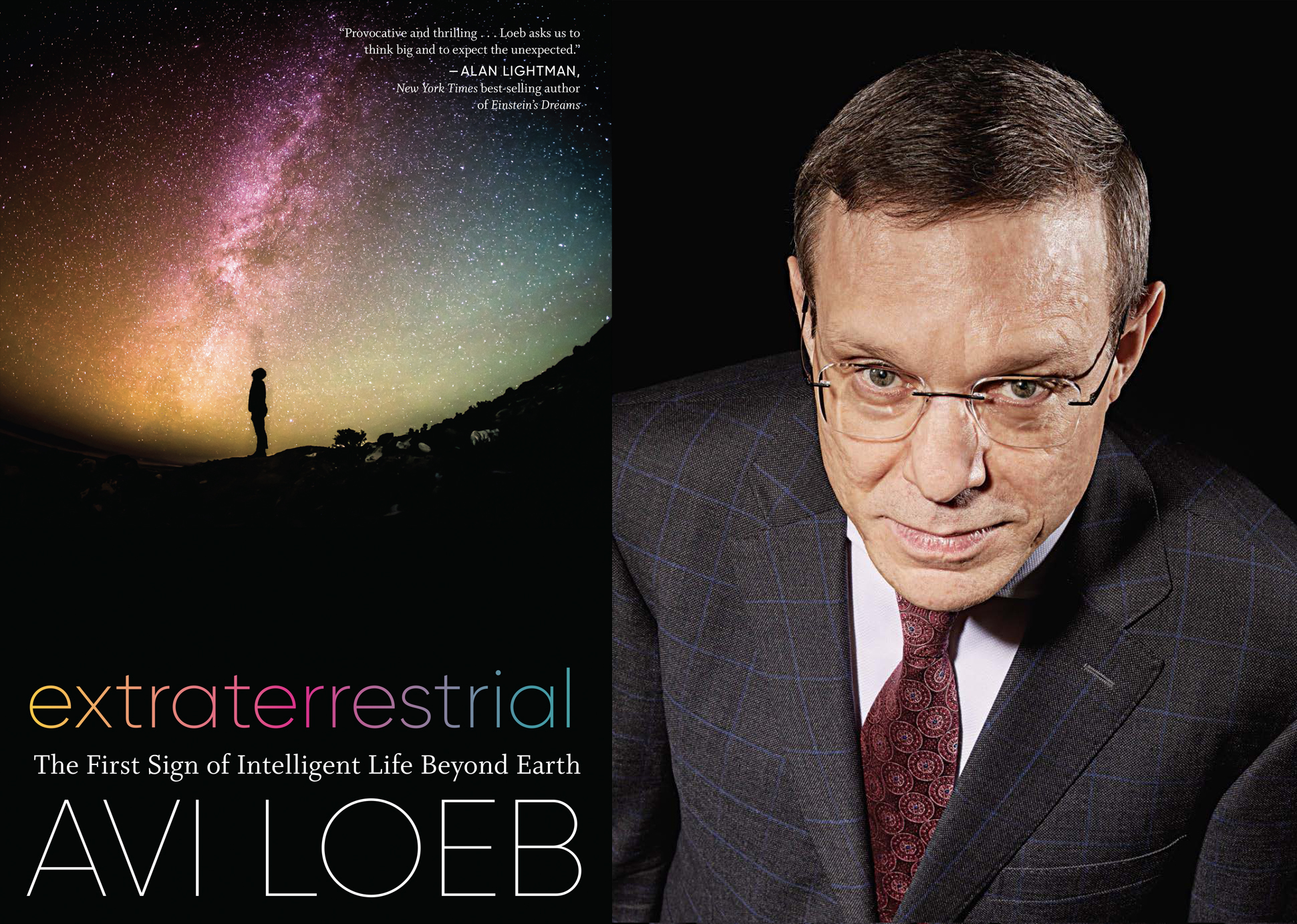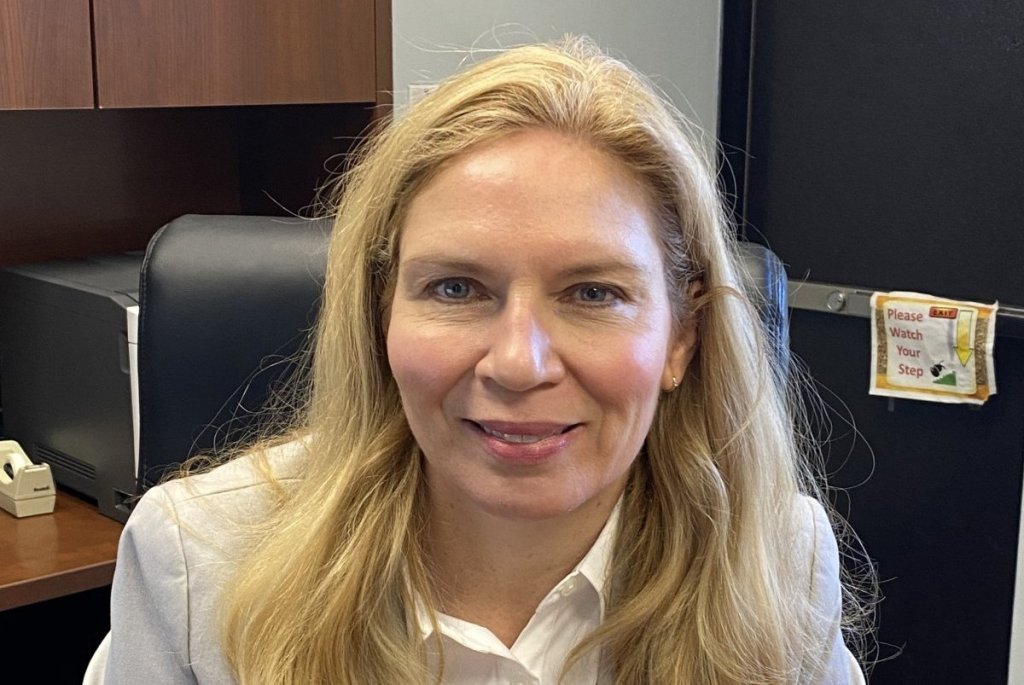Hamptons Observatory Lecture Explores Extraterrestrial Life

Talk of extraterrestrial life and UFOs are no longer the stuff of crackpots and the tinfoil hat-wearing crowd since the U.S. intelligence community released its shocking (to some) UFO report in 2021, but certain scientists have been seeking life on other planets quite seriously for decades. Hamptons Observatory is getting in on this hot-button conversation with a free, must-watch virtual lecture, The Galileo Project: In Search for Technological Interstellar Objects featuring Dr. Avi Loeb, bestselling author of 2021’s Extraterrestrial: The First Sign of Intelligent Life Beyond Earth and director of Harvard’s new Galileo Project, on Tuesday, April 26 from 7–8:30 p.m.
Award-winning science author and East Hampton resident Dava Sobel (Galileo’s Daughter, The Glass Universe) will introduce Dr. Loeb and his presentation, which is co-hosted by BookHampton.
Dr. Loeb will speak about the search for extraterrestrial life and evidence supporting the idea that certain interstellar objects, such as Oumuamua, which passed through our solar system in 2017, may be technology from another civilization. As he points out in Extraterrestrial, “Overall, about a quarter of our galaxy’s 200 billion stars are orbited by planets that are habitable in the way Earth is. … Given so many worlds — 50 billion in our own galaxy! — with similar life-friendly conditions, it’s very likely that intelligent organisms have evolved elsewhere. And that’s counting only habitable planets within the Milky Way.”
Announced last summer, Harvard’s Galileo Project is an unprecedented effort in “space archeology” which will use powerful telescopes to comb the universe for extraterrestrial technological relics and physical evidence of alien civilizations, while always remaining transparent about what they discover. The project also has a division tasked with examining how eventual (or hypothetical) discoveries validating extraterrestrial life might impact society here on Earth.
“We’ve all asked questions that relate to whether other life exists in the universe — it’s a mystery that has intrigued us all,” Hamptons Observatory Executive Director Donna L. McCormick says. “Because of Dr. Loeb’s efforts and the establishment of The Galileo Project at Harvard University, we now have reason to be confident that soon we’ll have some answers.”
Along with writing eight books and nearly 1,000 scientific papers, and being Director of the Institute for Theory and Computation within the Harvard-Smithsonian Center for Astrophysics, among other titles, Dr. Loeb’s bona fides include discovering the first-ever interstellar object (an astronomical object not gravitationally bound to a star — in this case a meteor) in 2014 with his graduate student Amir Siraj, and being named among Time magazine’s “25 Most Influential People in Space” in 2012.
Learn more about the Galileo Project at projects.iq.harvard.edu/galileo/home.
Registration is required for this lecture and available now via hamptonsobservatory.org/events or through the events section at bookhampton.com.



